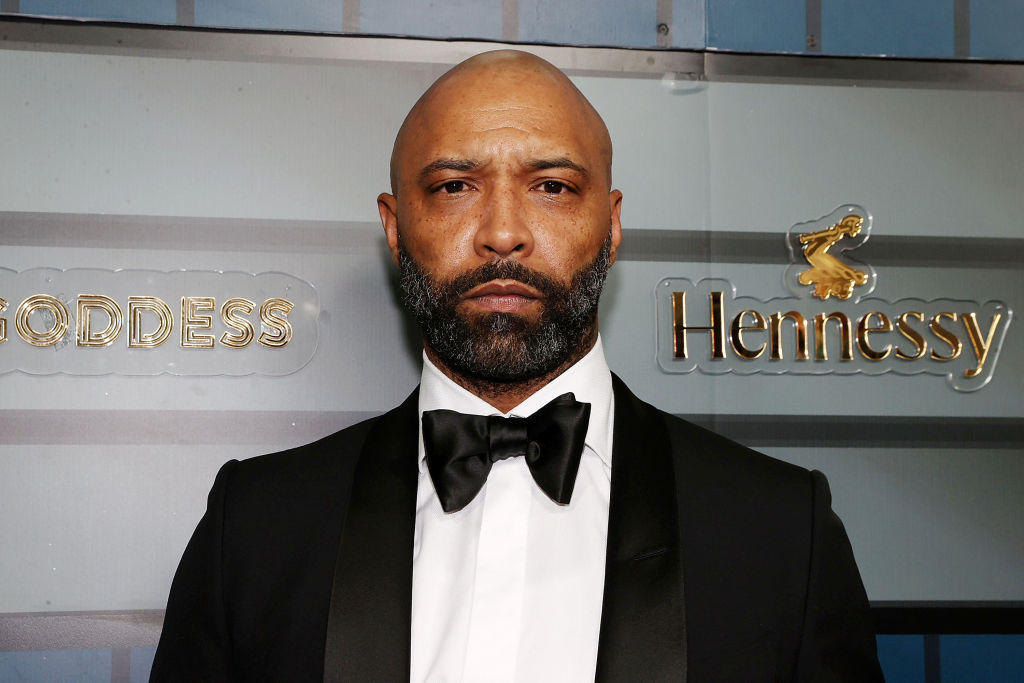The man accused of killing UnitedHealthcare CEO Brian Thompson will not face the death penalty if convicted in New York as the state is among those that no longer has capital punishment.
Luigi Mangione, 26, was arrested in Pennsylvania on Monday after a dayslong search for the gunman who allegedly shot dead Thompson, 50, as he walked to his company's annual investor conference at a hotel in New York City on December 4.
Mangione is being held without bail in Pennsylvania, where he is charged with possession of an unlicensed firearm, forgery and providing false identification to police. The most serious of those charges, forgery, is punishable by up to 10 years in prison.
In New York, Mangione is charged with second-degree murder as well as criminal possession of a forged instrument and several counts of criminal possession of a weapon. Mangione's lawyer has said his client will fight his extradition to New York.

The most serious charge he faces there—second-degree murder—is punishable by at least 15 years in prison, or up to life imprisonment without the possibility of parole. However, prosecutors have said that the charge could be upgraded to first-degree murder if there is evidence to warrant it.
New York's first-degree murder charge applies only in cases where the victim is someone specific like a police officer or first responder, or if the killing involves a murder-for-hire or aims to prevent a witness to a crime from testifying in court. It also applies if the victim was killed "in furtherance of an act of terrorism."
Mangione could be charged with first-degree murder if the investigation uncovers evidence that he had a plan to commit terrorism, such as plotting the killing of other executives, David Shapiro, a lecturer at the John Jay College of Criminal Justice, told CNN.
But even if Mangione is charged and convicted of first-degree murder, the penalty would not be death—he would face at least 20 years, or up to life in prison.
That's because the death penalty was effectively abolished in New York by 2007, according to the Death Penalty Information Center (DPIC). More than 1,100 people have been executed in the state, but it held its last execution in 1963.
A conviction on a federal murder charge could carry the possibility of a death sentence, but experts believe that is highly unlikely.
"Based on what we currently know, I would not expect this crime to result in a federal capital charge," Robin Maher, the executive director of the DPIC, told Newsweek.
"The DOJ's principles of federal prosecution require that a 'substantial federal interest' justify a capital prosecution, a demanding standard that is intended to limit the reach of the federal government in criminal matters that are better decided by the state authorities where the crime occurred."
James Trusty, an attorney and former prosecutor, told Fox News that there is "no obvious hook" for a federal murder prosecution.
"The types of things that could make it go federal is if [the murder] was in conjunction with organized crime, drug trafficking or a hate crime, which has a more narrow definition than just 'I hate insurance companies,'" he said.
Trusty said Mangione could have faced a federal murder charge if Thompson was killed on federal property, but that is not the case.



















 English (US) ·
English (US) ·